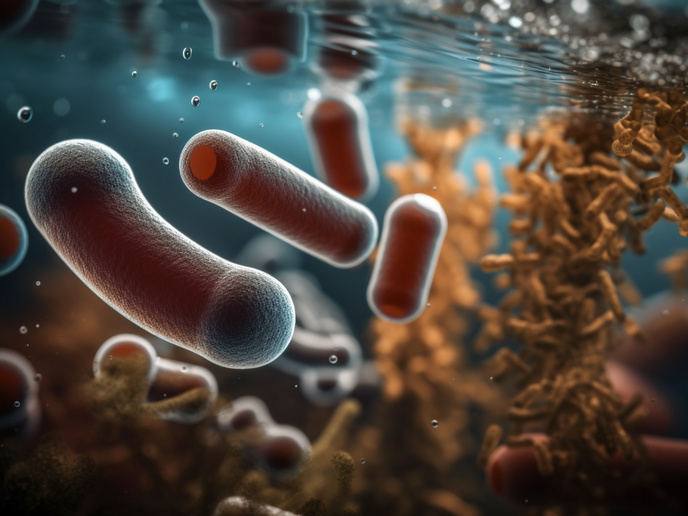Strengthening the EU’s bioeconomy strategy with four policy recommendations
The EU-funded PROMICON project has released its first policy brief supporting the 2018 EU Bioeconomy Strategy’s goal to create a sustainable, circular and low-emissions economy. The brief outlines four policy recommendations that harness the potential of microbiome analysis and synthetic microbial consortia technologies to accelerate the deployment of a sustainable European bioeconomy. In nature, different microorganisms can act together in a community, combining useful microbial capabilities to survive and thrive in diverse conditions. It is these microbial consortia that PROMICON has been studying and learning from in order to develop its own productive consortia that can be used to produce energy and chemicals sustainably.
Four ways to a bio-based economy
Through its four recommendations, the policy brief highlights what can be done in the field of microbial consortia technologies to strengthen and update the 2018 EU Bioeconomy Strategy. The first policy recommendation targets academic institutions, research organisations and scientific communities engaged in microbiome research, and entails “[s]upporting research and development efforts focused on learning from nature and developing enabling technologies for microbiome analysis and modelling.” The second recommendation involves encouraging agricultural, biotechnology and pharmaceutical companies “to invest in the development of synthetic microbial consortia for the production of target metabolites.” The third aimed at ministries, policymakers and regulatory bodies involves promoting “regulatory frameworks that support the use of synthetic biology in industrial applications” and “fostering interdisciplinary collaboration and knowledge-sharing among researchers, policymakers, and industry stakeholders.” The last recommendation specifically targets bioeconomy sector industries and businesses, waste management organisations and government bodies promoting circular economy initiatives. Here, the PROMICON team proposes fostering “the adoption of circular economy principles in the bioeconomy, with a focus on reducing waste and promoting resource efficiency.” PROMICON has also created a Policy Corner that serves as a hub where stakeholders can access the project’s policy brief, share their ideas for policies, ask questions and offer feedback that can help shape the project’s future policy recommendations. The policy brief can also be accessed through PROMICON’s open-access collection in the ‘Research Ideas and Outcomes’ journal and on the Horizon Results Platform. This is part of the project’s strategy to make its research more transparent and accessible.
Celebrating women
Recognising the important role that women scientists play in creating a sustainable future bioeconomy, PROMICON (HARNESSING THE POWER OF NATURE THROUGH PRODUCTIVE MICROBIAL CONSORTIA IN BIOTECHNOLOGY – MEASURE, MODEL, MASTER) has launched its new social media campaign #WomenInScience. The campaign shares stories of the women in PROMICON, highlighting the thrills and challenges of being a woman scientist and providing more insight into this career path. A different woman is featured each week on the project’s social media channels on X and LinkedIn. For more information, please see: PROMICON project website
Keywords
PROMICON, microbial consortium, microbiome, policy brief, circular economy, bioeconomy, policy recommendations



